How to Care for a Working Dog
Protein is fundamental for muscle growth and repair, essential for a dog's physical activity and overall health. It is also crucial for producing enzymes and hormones, which are vital for numerous bodily functions.
Dogs, like humans, require a specific amount of protein to support their individual needs. The appropriate amount depends on factors such as their age, breed, activity level, and overall health. A high-quality protein source, such as lean meats or high-quality protein supplements, ensures your dog receives the necessary building blocks for optimal muscle development and maintenance.
Healthy Fats: Supporting Vital Functions
Healthy fats are vital for a dog's energy production, insulation, and the absorption of fat-soluble vitamins. They also play a critical role in brain function, cognitive development, and coat health. Good sources of healthy fats include fatty fish, avocados, and flaxseed.
Carbohydrates: Providing Energy
Carbohydrates provide dogs with the energy they need to sustain their daily activities. However, it's essential to choose complex carbohydrates over simple sugars for sustained energy levels and to avoid potential digestive issues. Examples of good carbohydrate sources include whole grains and vegetables.
Vitamins and Minerals: Supporting Overall Health
Vitamins and minerals are crucial micronutrients that play a vital role in numerous bodily functions, from supporting the immune system to aiding in bone health. A deficiency in these essential nutrients can lead to various health issues. A balanced diet that includes a variety of fruits, vegetables, and lean proteins will ensure your dog receives an adequate amount of vital vitamins and minerals.
Water: The Unsung Hero of Canine Health
Water is often overlooked but is absolutely essential for every bodily function in dogs. It aids in digestion, regulates body temperature, and transports nutrients throughout the body. Ensuring your dog has access to fresh, clean water at all times is paramount for their overall health and well-being. A lack of sufficient water intake can lead to dehydration, which can have serious consequences.
Prioritizing Physical Well-being and Exercise
Understanding the Importance of Physical Activity for Working Dogs
A crucial aspect of caring for a working dog is understanding the vital role physical activity plays in their overall well-being. Just like humans, dogs require regular exercise to maintain a healthy weight, strong muscles, and a balanced mood. Ignoring this need can lead to a host of physical and behavioral problems, impacting their performance and happiness. This is especially true for working dogs, whose jobs often demand significant physical exertion. Providing adequate opportunities for exercise prevents boredom, stress, and potential injuries.
Working dogs frequently require more strenuous exercise than average dogs. Their specific needs vary greatly depending on the type of work they perform. Whether it's herding, retrieving, or protection work, the intensity and duration of exercise should align with the demands of their job. Understanding these demands is paramount to ensuring their physical health and preventing burnout.
Tailoring Exercise Routines to Individual Needs
Every working dog is unique, and their exercise requirements should reflect their individual needs and capabilities. Consider the breed, age, and health conditions of your dog when planning their exercise routine. A senior dog, for example, might not be able to handle the same intensity of activity as a younger, more energetic dog. Gradually increasing the duration and intensity of workouts is essential to prevent injuries and ensure a safe and effective exercise regime.
Furthermore, consider the environmental conditions. Extreme heat or cold can significantly impact a dog's ability to exercise safely. Adjust the timing and duration of outdoor activities accordingly. Providing access to shade and water during hot weather is crucial for preventing heatstroke. By tailoring the exercise routine to individual needs, you're promoting a healthier and happier working dog.
Creating a Safe and Stimulating Exercise Environment
A safe and stimulating environment is essential for a productive and enjoyable exercise experience for your working dog. Ensure that the area you utilize for exercise is free from hazards, such as sharp objects or potential dangers. Consider the terrain and potential risks when selecting exercise locations, especially if your dog engages in activities like agility or off-leash running. Creating a positive and controlled environment will help to foster trust and cooperation during training sessions and exercise activities.
Variety in exercise is also beneficial. Introducing a mix of activities, such as walks, runs, games, and training sessions, helps maintain your dog's interest and prevents boredom. This variety keeps their minds engaged and their bodies challenged, contributing to their overall well-being. A dog that's mentally stimulated is more likely to be physically engaged and motivated to perform.
Nutrition's Role in Supporting Physical Well-being
Proper nutrition is fundamental to a working dog's physical well-being. A balanced diet that provides sufficient protein, carbohydrates, and essential nutrients is critical for supporting the energy demands of their job. Working dogs require a higher caloric intake compared to their non-working counterparts. Consult with a veterinarian or a canine nutritionist to determine the specific nutritional needs of your dog based on their breed, size, age, and activity level.
Ensure access to fresh water at all times, especially during and after exercise. Dehydration can significantly impact a dog's performance and overall health. Providing high-quality food that meets these elevated needs is crucial for supporting their physical well-being, allowing them to thrive in their working roles.
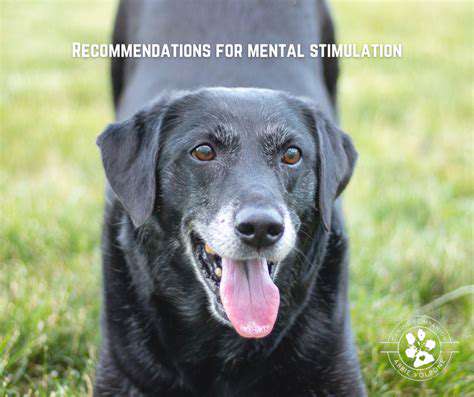
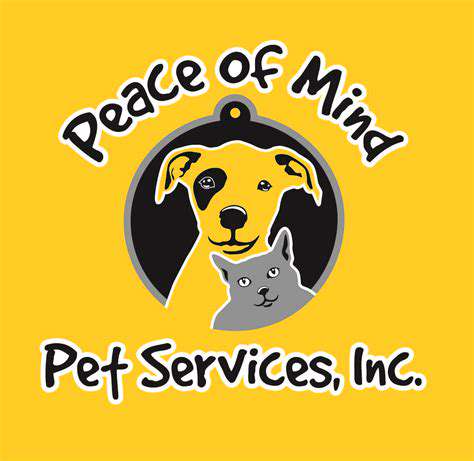

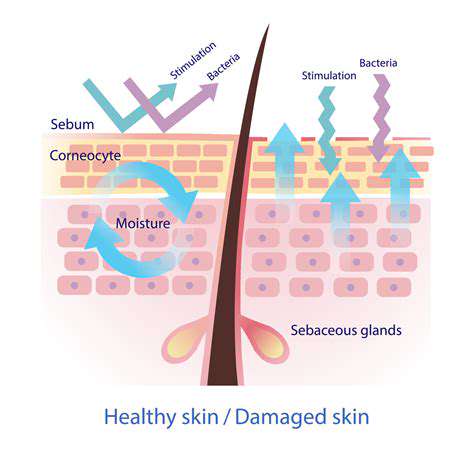


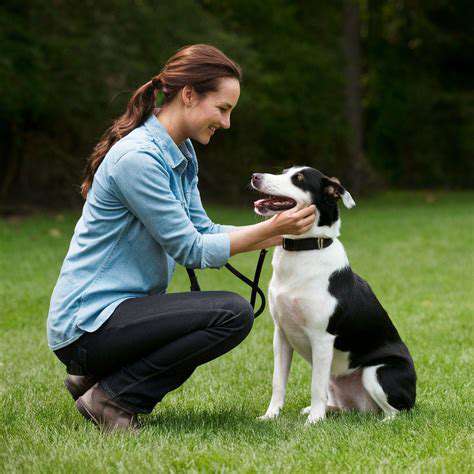

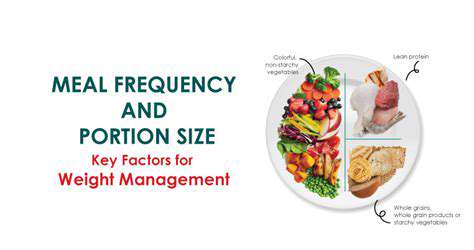


![Guide to Training a Fearful Dog [Building Confidence]](/static/images/33/2025-06/PatienceandConsistency3ATheKeytoSuccess.jpg)
